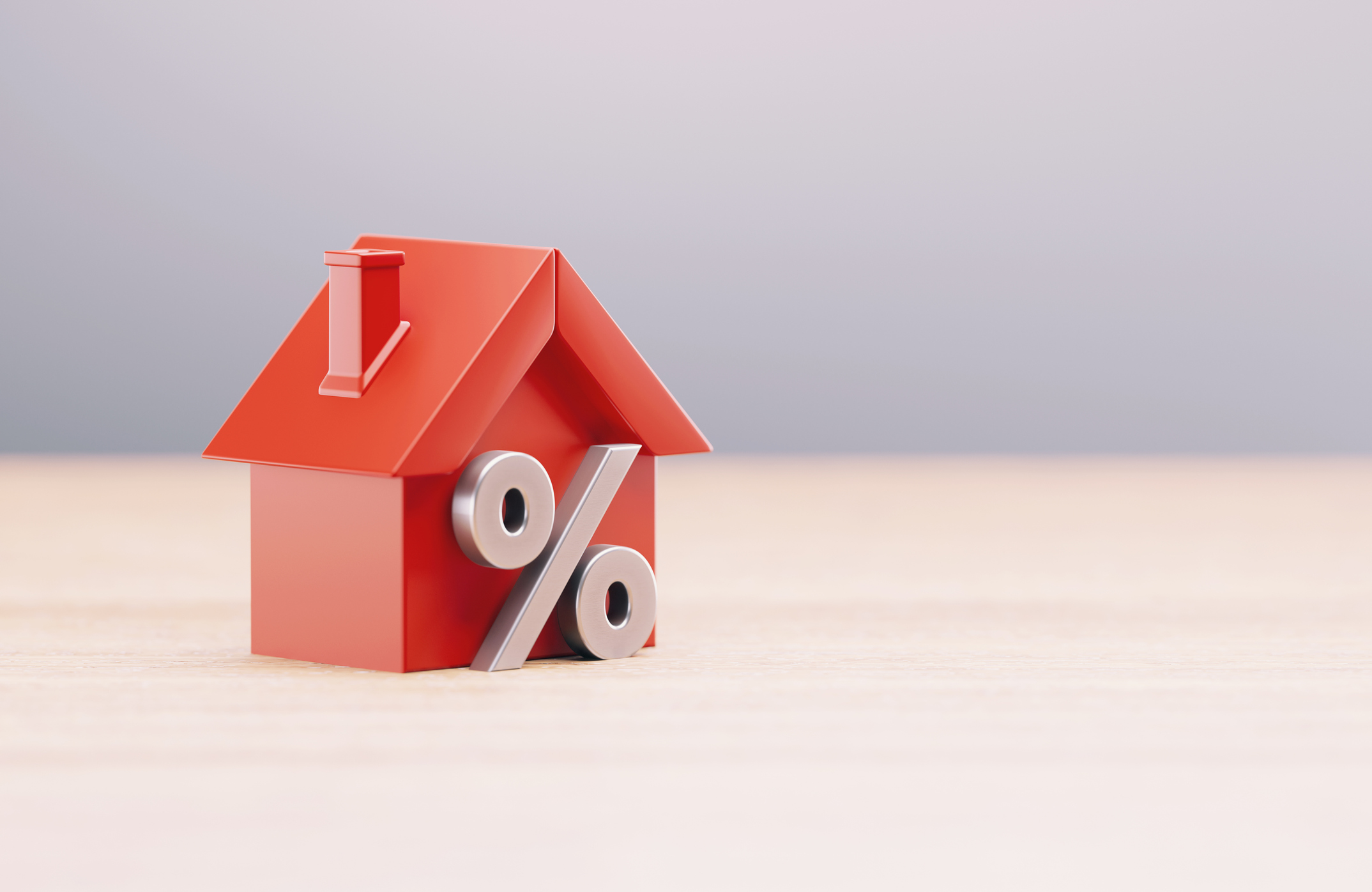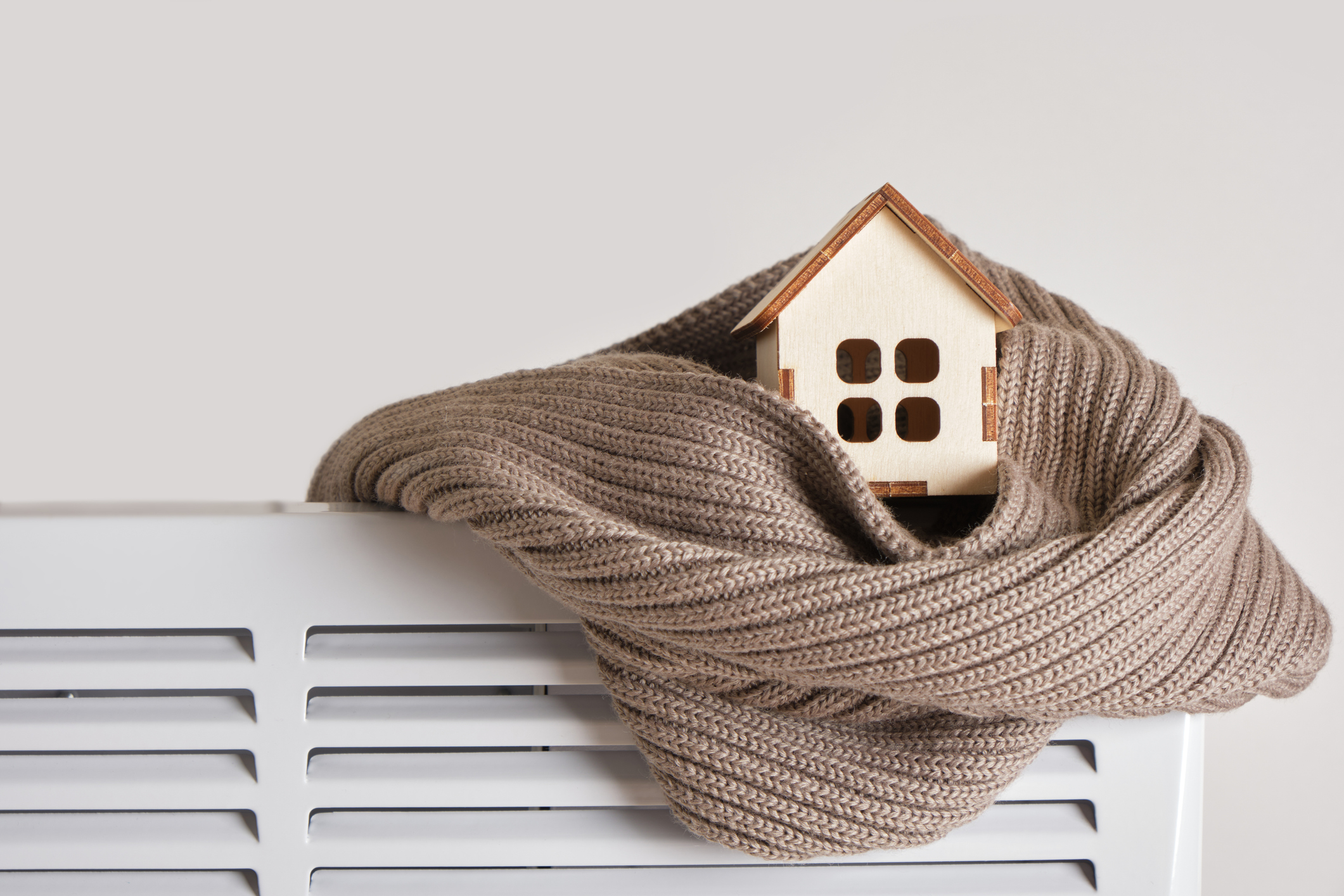Rising Home Prices are Bringing Rising Property Taxes
Property tax rates could increase in some jurisdictions to keep up with home price appreciation.


Profit and prosper with the best of Kiplinger's advice on investing, taxes, retirement, personal finance and much more. Delivered daily. Enter your email in the box and click Sign Me Up.
You are now subscribed
Your newsletter sign-up was successful
Want to add more newsletters?

Delivered daily
Kiplinger Today
Profit and prosper with the best of Kiplinger's advice on investing, taxes, retirement, personal finance and much more delivered daily. Smart money moves start here.

Sent five days a week
Kiplinger A Step Ahead
Get practical help to make better financial decisions in your everyday life, from spending to savings on top deals.

Delivered daily
Kiplinger Closing Bell
Get today's biggest financial and investing headlines delivered to your inbox every day the U.S. stock market is open.

Sent twice a week
Kiplinger Adviser Intel
Financial pros across the country share best practices and fresh tactics to preserve and grow your wealth.

Delivered weekly
Kiplinger Tax Tips
Trim your federal and state tax bills with practical tax-planning and tax-cutting strategies.

Sent twice a week
Kiplinger Retirement Tips
Your twice-a-week guide to planning and enjoying a financially secure and richly rewarding retirement

Sent bimonthly.
Kiplinger Adviser Angle
Insights for advisers, wealth managers and other financial professionals.

Sent twice a week
Kiplinger Investing Weekly
Your twice-a-week roundup of promising stocks, funds, companies and industries you should consider, ones you should avoid, and why.

Sent weekly for six weeks
Kiplinger Invest for Retirement
Your step-by-step six-part series on how to invest for retirement, from devising a successful strategy to exactly which investments to choose.
Your home may be your most valuable asset, especially if it’s worth considerably more than you paid for it years ago. But the rise in home values has led to an increase in the cost of owning a home, particularly where property taxes are concerned. And if you think your taxes are high now, it could get worse.
An analysis of U.S. Census data by Today’s Homeowner, a home-improvement website and TV program, found that while the average property tax bill rose by nearly 20% between 2016 and 2021, the average effective tax rate fell by 0.15%. To understand what that means, and its implications for your own tax bill, it’s important to understand how property taxes are calculated.
From just $107.88 $24.99 for Kiplinger Personal Finance
Become a smarter, better informed investor. Subscribe from just $107.88 $24.99, plus get up to 4 Special Issues

Sign up for Kiplinger’s Free Newsletters
Profit and prosper with the best of expert advice on investing, taxes, retirement, personal finance and more - straight to your e-mail.
Profit and prosper with the best of expert advice - straight to your e-mail.
Your property tax bill is based on the assessed value of your property, multiplied by your local government’s tax rate. Local governments use different formulas to determine the assessment rate, which can range from 50% to 100% of your home’s market value. For example, suppose your home’s market value is $250,000, your county’s assessment rate is 80% and your tax rate is 0.70% Based on an assessment of $200,000, you would owe $1,400 a year in property taxes.
Why Assessments Are Rising
Homeowners in areas that have experienced significant appreciation in home values should be prepared for the possibility that their local jurisdiction will raise rates to match higher assessments—even as home sales have leveled off, experts say. For local governments, inflation has driven up the cost of everything from public employees’ salaries to school supplies. In addition, in the wake of the COVID-19 pandemic, commercial property owners are struggling with a large number of vacancies, which has led to a decline in revenue from those sources.
When commercial properties are vacant, the value of the buildings declines, which lowers the municipality’s tax base, writes Robert Barber, chief executive officer for property data provider ATTOM, in an e-mail to Kiplinger’s. “Vacancies or empty properties lower the base upon which taxes are levied, which can lead to higher tax rates and higher taxes for every property owner.”
At the same time, though, local governments face pressure from homeowners and commercial property owners to keep property taxes in check, Barber says. High taxes could cause some homeowners and commercial landlords to move, as well as dissuade prospective home buyers, resulting in lower home prices and depressed property values.
With that in mind, lawmakers in several states are considering measures to curb property taxes. In Texas, where a property tax debate is happening, Republican lawmakers have proposed lowering the appraisal cap on how much a home’s taxable value can rise each year, to 5% from the current 10%. In Colorado, where average property taxes have risen more than 40% in the past five years, lawmakers have pledged $700 million in property tax relief in 2023 and 2024, and Gov. Jared Polis wants to increase that amount by another $200 million. Lawmakers in Wisconsin and Nebraska are also considering property tax relief measures.
How to Appeal Your Tax Bill
There’s not much you can do about property tax rates, but if you believe your assessment is out of line, you have the right to appeal. Local governments commonly send assessment notices to homeowners in the first few months of the year. As soon as you get yours, check the deadline for challenging the value. Most jurisdictions give you 90 days after you receive a new assessment to appeal, but some close the window in 30 days.
Once you’ve received your assessment, check your property’s record card, which is the official description of your house. You may be able to find it on your locality’s website, although in some jurisdictions you may have to go to the assessor’s office to view property cards or request to receive the information by e-mail or fax. If you find an outright error—it lists four bedrooms for your two-bedroom Cape Cod, for example—the assessor may fix the problem on the spot, reducing the assessed value and your tax bill.
If the description of your property is accurate, pull up property cards of several nearby homes that are of similar age and square footage and have the same number of bedrooms and bathrooms to see how their assessments line up with yours. Search in your area for recent sale prices of homes similar to yours on a website such as Zillow.com or Realtor.com. Sales that occurred in the past few months may have taken place after your assessor’s property evaluation.
If you find that your assessed value is considerably higher than several similar homes or that sale prices of nearby homes suggest that your property’s value is lower than estimated, you may have grounds for appeal. Even if your assessment falls in the middle of the pack, you may have grounds for appeal if your house has a leaky basement or other problems that could turn off prospective buyers.
Get All the Breaks You Deserve
Finally, even if you don’t have grounds for appeal, you may be eligible for a tax break or rebate that could lower your tax bill. Contact your state’s department of taxation or visit its website to see what breaks are available to you. You may be eligible for credits based on your income or status as a senior citizen, veteran, or disabled person. In Florida, for example, all homeowners are eligible for a homestead exemption of up to $50,000; those age 65 and older who meet certain income limits can claim an additional $50,000.
Note: This item first appeared in Kiplinger's Personal Finance Magazine, a monthly, trustworthy source of advice and guidance. Subscribe to help you make more money and keep more of the money you make here.
Profit and prosper with the best of Kiplinger's advice on investing, taxes, retirement, personal finance and much more. Delivered daily. Enter your email in the box and click Sign Me Up.

Block joined Kiplinger in June 2012 from USA Today, where she was a reporter and personal finance columnist for more than 15 years. Prior to that, she worked for the Akron Beacon-Journal and Dow Jones Newswires. In 1993, she was a Knight-Bagehot fellow in economics and business journalism at the Columbia University Graduate School of Journalism. She has a BA in communications from Bethany College in Bethany, W.Va.
-
 The New Reality for Entertainment
The New Reality for EntertainmentThe Kiplinger Letter The entertainment industry is shifting as movie and TV companies face fierce competition, fight for attention and cope with artificial intelligence.
-
 Stocks Sink With Alphabet, Bitcoin: Stock Market Today
Stocks Sink With Alphabet, Bitcoin: Stock Market TodayA dismal round of jobs data did little to lift sentiment on Thursday.
-
 Betting on Super Bowl 2026? New IRS Tax Changes Could Cost You
Betting on Super Bowl 2026? New IRS Tax Changes Could Cost YouTaxable Income When Super Bowl LX hype fades, some fans may be surprised to learn that sports betting tax rules have shifted.
-
 4 Strategies for Older Adults to Cut Property Taxes
4 Strategies for Older Adults to Cut Property TaxesBefore you settle your next property tax bill, make sure you're taking full advantage of these tax breaks for older homeowners across the US.
-
 5 Simple Fixes to Save on Heat Bills This Winter
5 Simple Fixes to Save on Heat Bills This WinterWith fuel prices expected to rise 10% or more this winter, making your home more energy efficient will really pay off.
-
 Credit Score News Could Help First-Time Homebuyers
Credit Score News Could Help First-Time HomebuyersLenders who sell mortgages to Fannie Mae and Freddie Mac used to only be able to use FICO for loan qualification. Now there's VantageScore, owned by the three major credit bureaus.
-
 Four Military Benefits That Have Helped My Family
Four Military Benefits That Have Helped My FamilyMilitary life can be challenging for servicemembers and their families, but they're offered some significant financial benefits to help cushion the blow.
-
 Protect Your Retirement From Extreme Weather Events
Protect Your Retirement From Extreme Weather EventsA rising tide of storms, fires, and heat is impacting retirees. Here's what you can do about it.
-
 To Downsize or Not to Downsize? That is the Retirement Question
To Downsize or Not to Downsize? That is the Retirement QuestionWhere to Retire For some retirees, a bigger home is better.
-
 A New Guide to Choosing Where to Retire
A New Guide to Choosing Where to RetireWhere to Retire A comprehensive guide to deciding where is the best place for you to retire.
-
 Watch Out for These Travel Scams This Summer
Watch Out for These Travel Scams This SummerIdentity Theft These travel scams are easy to fall for and could wreck your summer. Take a moment to read up on the warning signs and simple ways to protect yourself.